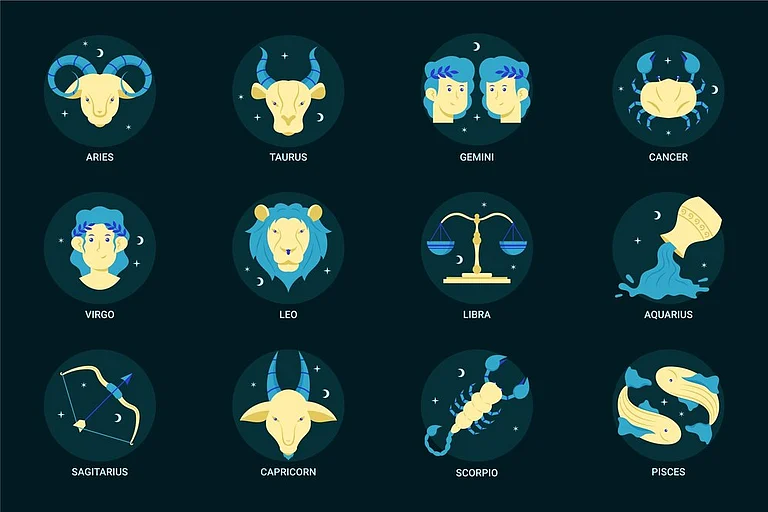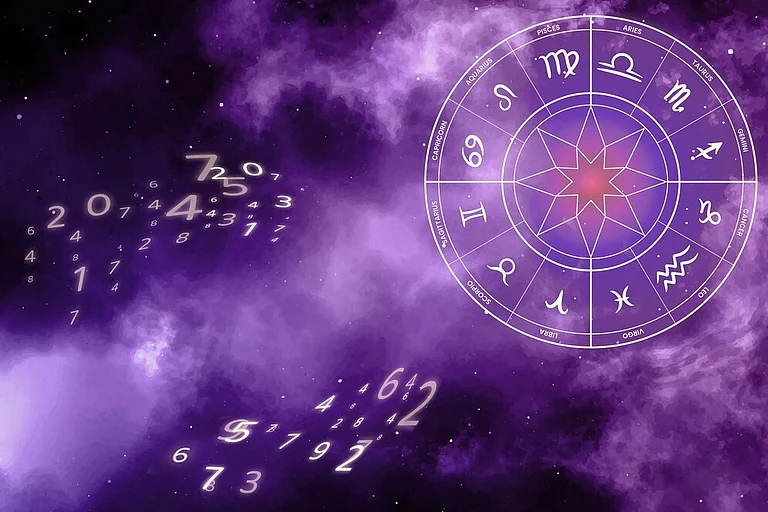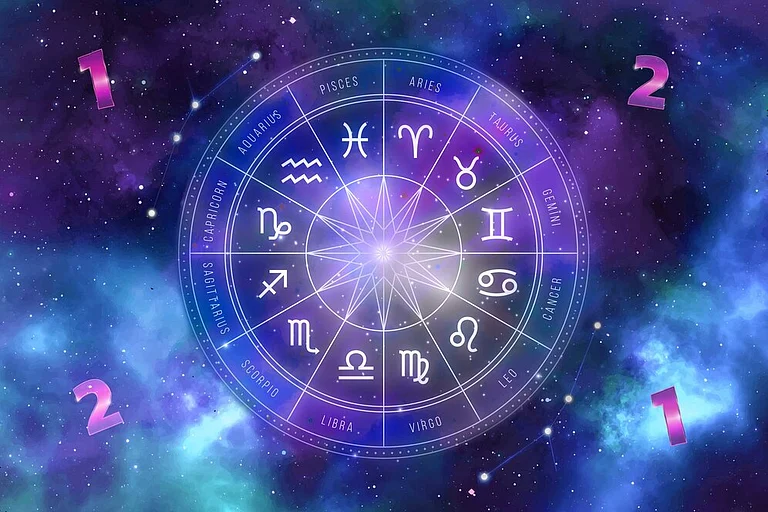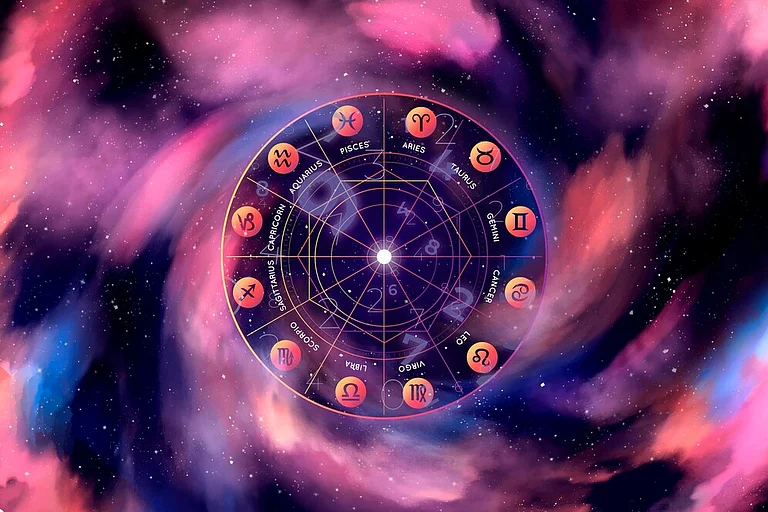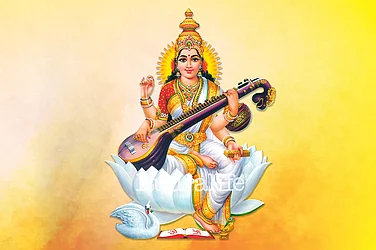Bhai Dooj, the festival celebrating the sacred bond between brothers and sisters, illuminates India with love and devotion. Falling on the second day after the main Diwali festival, this day is known by many names- Bhai Phonta, Bhau Beej, Bhai Tika, but its essence remains the same: a sister's prayer for her brother's long, happy, and prosperous life.
In 2025, Bhai Dooj will be celebrated on Thursday, October 23rd. This article is your complete guide to the auspicious timings, traditional rituals, the heartwarming stories behind the festival, and how to make this day truly special for your sibling.
Bhai Dooj 2025: Date and Auspicious Timings
Performing the rituals at the correct time is essential for Bhai Dooj. Here are the precise timings for 2025:
Bhai Dooj Date: Thursday, October 23, 2025.
Bhai Dooj Aparahna Time: 01:13 PM to 03:28 PM (For New Delhi).
Dwitiya Tithi Begins: 08:16 PM on October 22, 2025.
Dwitiya Tithi Ends: 10:46 PM on October 23, 2025.
Bhai Dooj in North India

In states like Uttar Pradesh, Haryana, and Punjab, Bhai Dooj is celebrated with joy and colour. Sisters put tika on their brothers’ foreheads and perform aarti, praying for their long life and happiness. Betel leaves, coconuts, and sweets are offered. Brothers show their love by giving gifts to their sisters. Families end the day with a festive meal together.
Bhai Dooj in South India

In Tamil Nadu, Karnataka, and Andhra Pradesh, the day is observed as Yama Dwitiya. People believe that Yama, the god of death, once visited his sister Yamuna on this day. She welcomed him with tilak and prayers. Pleased by her love, Yama blessed that any brother who receives tilak from his sister on this day will be safe and live long. This story forms the base of the ritual in the south.
Bhav Bij in Maharashtra and Goa

In Maharashtra and Goa, the festival is called Bhav Bij. Sisters draw a square on the floor with rice flour and ask their brothers to sit inside it. This design is believed to protect them from harm. The tilak, prayers, and aarti follow, with sisters wishing health and success for their brothers. Gifts are exchanged, and the celebration ends with a delicious meal.
Bhau Beej in Gujarat

In Gujarat, the day is known as Bhau Beej. The rituals are similar to those in North India. Sisters pray for their brothers’ well-being and offer sweets after applying tilak. One unique part of Gujarat’s tradition is that sisters invite their brothers to their homes for a special meal prepared with love.
Bhaiya Dooj in Bihar

In Bihar, Bhai Dooj is called Bhaiya Dooj. Sisters perform aarti, put tilak on their brothers, and pray for their prosperity. Interestingly, the day is also marked as Godhan Puja. Women make idols of Yama and Yamuna using cow dung in the courtyard and worship them by singing and narrating stories of the festival’s origin.
Bhai Phonta in Bengal and Tripura

In West Bengal and Tripura, the festival is known as Bhai Phonta. The rituals are unique here. Sisters prepare a tilak with curd, honey, sandalwood paste, ghee, and kajal. They apply it to their brothers’ foreheads while reciting mantras for their well-being. Elders bless the younger ones with dhaan (paddy seeds) and durba ghas (sacred grass). The day ends with a lavish feast enjoyed by the whole family.
Though Bhai Dooj is celebrated differently across India, the heart of the festival is the same. It is about siblings praying for each other’s happiness, health, and protection. Sisters show their love with rituals, and brothers respond with gifts and promises of care.
Every state adds its own flavour, but the spirit of togetherness binds them all. Bhai Dooj reminds us that family ties are precious and should be celebrated with warmth and gratitude.








